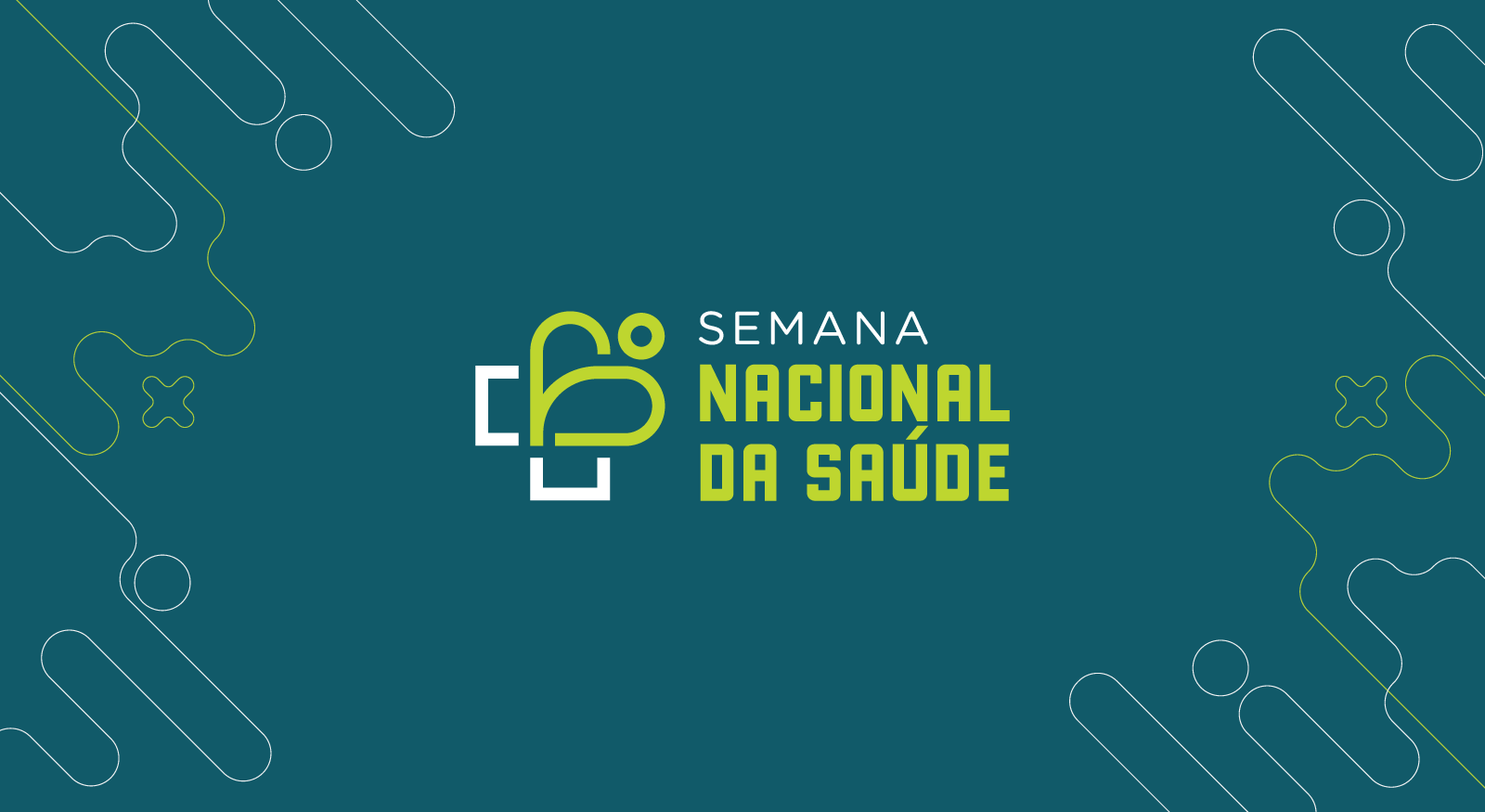
Due to communication difficulties and other conditions, indigenous women face the most barriers in accessing hospital medical care, especially during prenatal care, childbirth and the postnatal period, according to a study by the RepGen Research Group - Gender, Reproduction and Justice. With an eye on this public and other vulnerable populations, the National Council of Justice (CNJ), through the National Judicial Forum for Health (Fonajus), is holding the 1st National Health Week, from April 7th to 11th, marking National Health Day, celebrated this Monday (April 7th).
Held in partnership with the Indigenous Health Secretariat of the Ministry of Health (Sesai) and the Court of Justice of the State of Tocantins (TJTO), the action will also take place in other States, with activities aimed at vulnerable audiences.
In this first edition, indigenous women from the Bananal Island, in the southwest region of the state of Tocantins, will be the focus of the action, which will be officially opened this Monday (April 7th), at 11 a.m., at the Hermínio Azevedo Municipal School, in the city of Formoso do Araguaia. The event will be attended by Minister Dias Toffoli, of the Federal Supreme Court (STF); Fonajus supervisor, Councilor Daiane Nogueira de Lira; the president of the Court of Justice of the State of Tocantins (TJTO), Justice Maysa Vendramini Rosal, and other authorities.
“It's important that the Judiciary has actions and public policies aimed specifically at the issue of health, not least as a way of getting to know the reality of the Brazilian citizens,” said Councillor Daiane Nogueira.
According to her, the National Health Week is important for the Judiciary, in all units of the Federation, to prioritize social actions aimed at vulnerable populations. “We need to keep in mind that we need to strengthen social actions for vulnerable minorities and that the Judiciary must work together with the Executive and with society to benefit this population.”
The president of the TJTO, Justice Maysa Vendramini, points out that although the right to health is recognized by the Federal Constitution, its implementation still faces challenges, especially with regard to the care of people in vulnerable situations, such as the indigenous peoples.
"As well as providing justice to those in need, our purpose is also to serve people, especially the excluded and vulnerable. This action that we are going to carry out on the Bananal Island, in partnership with the CNJ, is precisely what we are looking for in our administration. With justice and unity, we act in favor of society," said the justice.
Services
In the State, more than 600 Javaé indigenous people from 13 villages in the Bananal Island region are expected to be assisted. During the week, the actions planned include: specialized gynecological care and preventive exams for cervical cancer and breast cancer screening, obstetric care (prenatal care and ultrasound exams), ophthalmological and pediatric consultations for children accompanied by indigenous mothers, as well as educational activities for health prevention.
Citizenship actions will also be carried out, with the issuing of civil documents, such as the national identity card (CIN), the individual registration card (CPF) and the civil birth registration of indigenous person.
In the other States, there are plans to hold seminars, conferences and workshops, and to organize joint conciliation or trial hearings involving the right to public and supplementary health care. Inter-institutional partnerships can also be consolidated to provide health services for vulnerable groups and to implement judicial cooperation measures aimed at properly resolution of the health care demands.
Under the guidelines of Fonajus, the courts should also choose a vulnerable population to serve during the week.
Check out the Programming of the Health Week for Indigenous Women.
Offered services
Health:
– Physical Assessment
– General Practice
- Mammography and PCCU tests
- Cardiology
- Ophthalmology with glasses donation
- Pediatrics
- Dentistry
- Vaccination campaign
Civil documents:
– National identity card (CIN)
– Individual registration card (CPF)
– Civil birth registration of indigenous person
– Family Grant
Lectures and other activities:
– Oral health lecture for children
- Sports activities for children
- Play about dengue for children
- Talk show on preventing cervical and breast cancer
- Lectures on hyperdiagnosis, nutrition, food and hygiene




